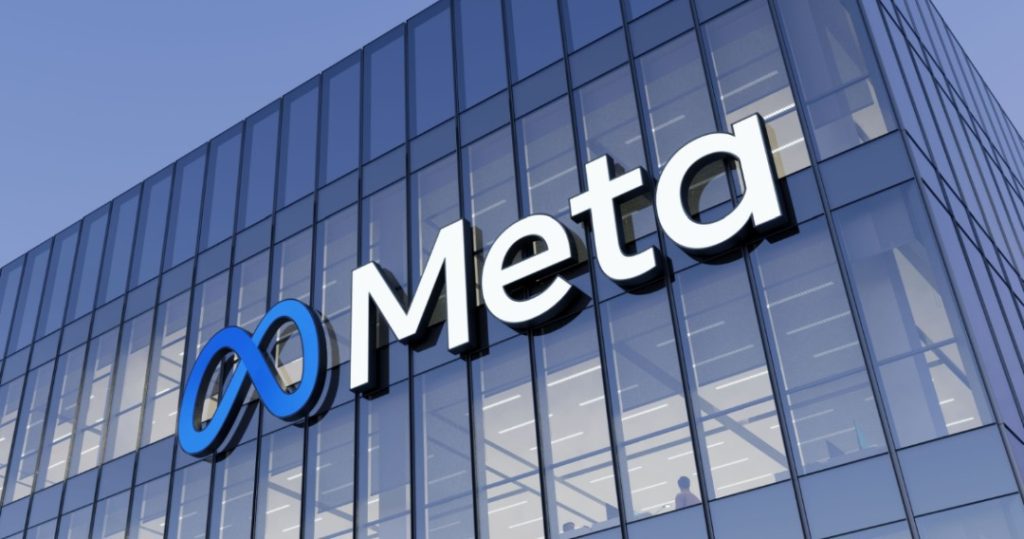The company that owns Facebook, Meta, is shutting down a digital tool called CrowdTangle, which is important for tracking false information that spreads widely. Researchers are worried that this move will disrupt efforts to find and stop a lot of political lies, especially in such an important election year.
Meta says CrowdTangle will not be available after August 14, which is less than three months before the US election. They plan to replace it with a new tool that experts believe does not have the same capabilities, and news organizations will mostly not have access to it.
CrowdTangle has been very important for researchers and journalists because it has given them real-time information about how conspiracy theories and hate speech spread on Facebook and Instagram, which are owned by Meta.
Stopping the monitoring tool is seen as part of a trend in the tech industry to reduce the amount of information and security measures available. This is a big problem because many countries are having elections this year, and this is when bad actors often spread false stories more than ever.
Melanie Smith, who works at the Institute for Strategic Dialogue, said that cutting off access to CrowdTangle will make it very difficult to oversee the harm caused by misinformation, especially in a year when so many people are voting.
This decision is a big step back for transparency on social media platforms, according to experts.
Meta is going to replace CrowdTangle with something called the Content Library, but this is still being developed.
Some people in the tech industry, including the former CEO of CrowdTangle, Brandon Silverman, say that the new tool is not a good replacement, especially in elections where there will likely be a lot of false information spread using AI.
Silverman said that Meta needs to do a lot of work to make sure elections are fair, and he wants them to be more open and transparent about how they do this.
In past elections, CrowdTangle has helped researchers identify harmful activities like foreign interference, online harassment, and calls for violence.
Meta has said that in the 2019 elections in Louisiana, CrowdTangle helped state officials find false information, such as wrong voting hours posted online.
In the 2020 presidential election, the company gave the tool to election officials in all states to help them find and stop false information, voter interference, and efforts to suppress votes.
This tool also let the public see what major candidates were posting on their official and campaign pages.
A nonprofit group called Mozilla Foundation has demanded that Meta keep CrowdTangle until at least January 2025, because they are worried about losing these important functions.
Many tech experts and researchers have signed an open letter to Meta, saying that getting rid of CrowdTangle while the new tool does not have all of its important features goes against the principle of being open and honest.
The new tool does not have the same CrowdTangle features, like strong search flexibility, and shutting it down could directly threaten the integrity of elections, it added.
Meta spokesperson Andy Stone said the claims in the letter are “just wrong,” and insisted that the Content Library will have “more comprehensive data than CrowdTangle” and will be accessible to academics and non-profit election integrity experts.
– ‘Many concerns’ –
Meta, which has been moving away from news on its platforms, will not make the new tool available to for-profit media.
Journalists have previously used CrowdTangle to investigate public health crises, human rights abuses, and natural disasters.
Meta’s choice to block journalists comes after many used CrowdTangle to report unflattering stories, including its struggling moderation efforts and how its gaming app was overwhelmed with pirated content.
CrowdTangle has been a crucial source of data that helped “hold Meta accountable for enforcing its policies,” Tim Harper, a senior policy analyst at the Center for Democracy & Technology, told AFP.
Organizations that debunk misinformation as part of Meta’s third-party fact-checking program, including AFP, will have access to the Content Library.
But other researchers and nonprofits will need to apply for access or search for expensive alternatives. Two researchers told AFP under condition of anonymity that in one-on-one meetings with Meta officials, they demanded firm commitments from company officials.
“While most fact-checkers already working with Meta will have access to the new tool, it’s not super clear if many independent researchers –- already worried about losing CrowdTangle’s functionality — will,” Carlos Hernandez-Echevarria, head of the Spanish nonprofit Maldita, told AFP.
“It has raised a lot of concerns.”
A digital tool considered vital in tracking viral falsehoods, CrowdTangle will be decommissioned by Facebook owner Meta in a major election year, a move researchers fear will disrupt efforts to detect an expected firehose of political misinformation. The tech giant says CrowdTangle will be unavailable after August 14, less than three months before the US […]
AFP



